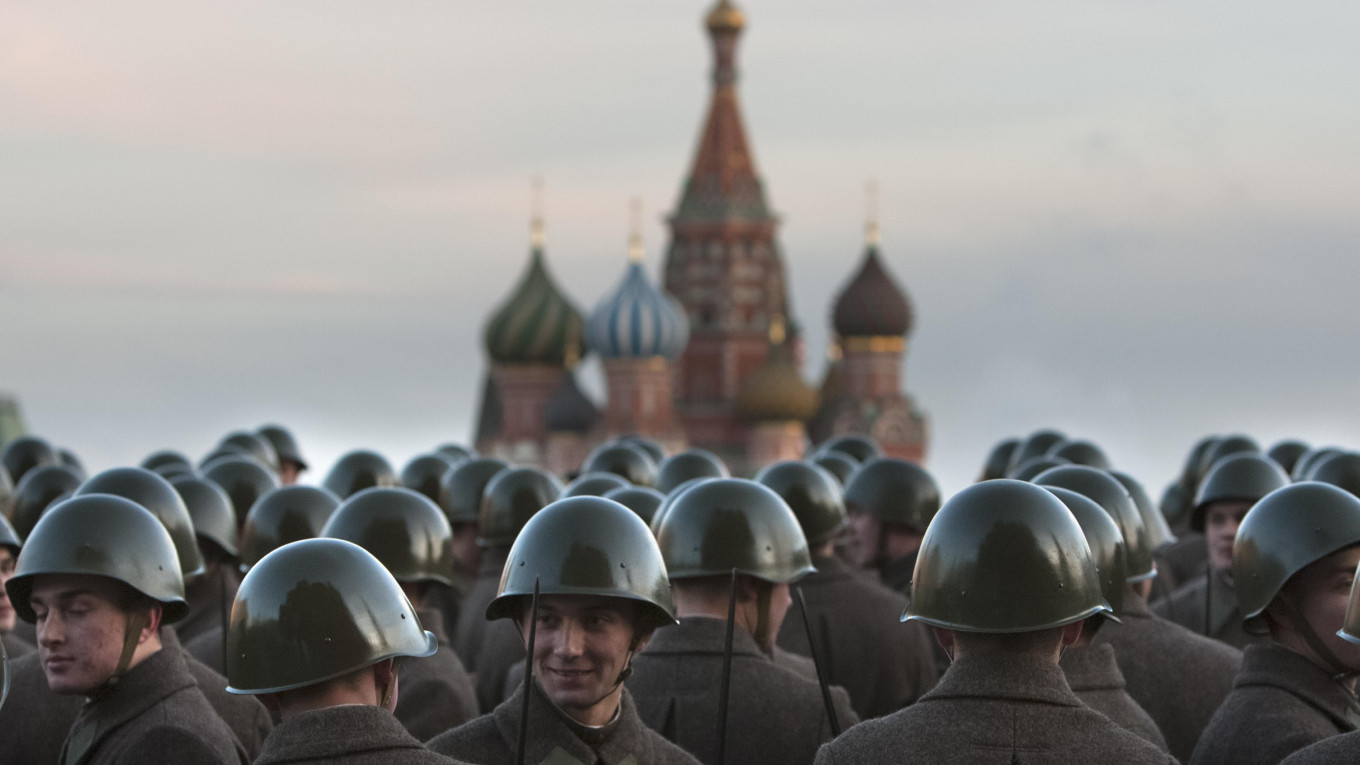Russia celebrates Defender of the Fatherland Day on Feb. 23, known previously as Red Army Day and Soviet Army and Navy Day. Originally, the holiday honored the Bolsheviks’ first mass draft in Petrograd and Moscow in 1918, in the early days of the Russian Civil War.
Today, the Bolshevik Revolution represents a tricky piece of history, as Russian patriots have an interest both in rejecting Communism and celebrating the Soviet armed forces.
With the revolution’s centennial coming this October, interest in 1917 is particularly high this year. In that spirit, the Arzamas Academy, a nonprofit online educational project, published a quiz this week designed to show readers where their sympathies would have lied in September 1917, after the failed Kornilov putsch against the Petrograd Soviet, but before the Bolshevik Revolution.
“Political life in 1917 Tsarist Russia was extremely turbulent,” write Alexander Reznik and Dmitry Golubovsky, introducing Arzamas Academy’s quiz. “Some parties and political groups wanted to hand over the land to the peasants and the factories to the workers; others were eager to wage war to the bitter end; and still others dreamed about destroying the foundations of the state as soon as possible.”
To know which group you might have joined at the time, Arzamas Academy has created a political compass for the Russian Revolution, placing the era’s ten major political forces on a chart representing their political ideologies. There is also a quiz with 27 questions designed to measure your positions on the issues that ruled the day in September 1917 Russia.
The compass’ horizontal axis shows groups’ positions on economic issues — from the far left (socialism) to the far right (liberalism) — while the vertical axis shows groups’ political positions, from democratic to authoritarian views.
Arzamas Academy warns that the political forces near one another on its compass weren’t necessarily allies in 1917, even if they were ideologically similar. Placement on the graph merely indicates a rough sum of a group’s political philosophy.
Here’s the catch: the quiz and its results are in Russian, but never fear! Your friends at The Moscow Times are here to translate, so you, too, can take part in the fun.
Each of the questions has five possible answers. Running from left to right, there is yes, mostly yes, doesn’t matter, mostly no, and no.

The quiz is divided into five sections, with questions about economics, rights and freedoms, war and the army, “current events,” and Russia’s “political future.”
Use the translation in English below and take the quiz at the the Arzamas Academy here. In order to get started, scroll down and click the start button, which is labeled “Начать.” Then, after answering the questions in each section, click the button at the bottom that says “Дальше.”
1/5 — Economy
Private property is a natural right and an essential economic institution.
The agrarian problem can only be resolved by socializing all land, which should become public property and should not be bought and sold!
Key industries must be nationalized immediately!
The working day must be universally reduced to eight hours.
All industrial enterprises must be placed under the control of workers.
2/5 — Rights and freedoms
The right to vote should be universal, direct, equal, and by secret ballot.
In principle, the state authorities lack the right to restrict the freedom of speech and assembly!
Women must be given equal rights!
The church should be separated from the state!
The death penalty is a necessary means of punishment in a time of war.
3/5 — War and the Army
The war with Germany, Austria-Hungary, Bulgaria, and the Ottoman Empire is entering its third year. This war must be ended with an immediate democratic peace, without any annexations or war indemnities!
We must defend the revolution, but cease all military offensives!
We must honor our obligations to our allies, and fight until we are victorious!
There can be no opposing the democratization of the army: down with ranks! Officers should be elected, and they should have rights equal to those of the soldiers.
Military dictatorship is the best escape from the revolutionary crisis.
4/5 — “Current Events”
I support the Provisional Government [established immediately after Tsar Nicholas II’s abdication, and crushed when the Bolsheviks seized power after the October Revolution]!
The present stage of the revolution demands a long period of consensus among all democratic forces.
The Russian Constituent Assembly [a body convened immediately after the October Revolution, and dissolved hours later by the Russian Soviet Federative Socialist Republic] must be convened immediately!
Soviets of deputies representing the workers, soldiers, and peasants must seize state power!
The city dumas are a suitable mechanism for local government. We don’t need any other!
The driving force of the revolution is the working class.
5/5 — Russia’s Political Future
The state should be dissolved immediately and replaced by public self-rule.
A federalized state structure is the best option for a multinational Russia.
Russia should remain a great power, maintaining its hold on continental and overseas colonies, controlled from its center.
A multiparty system is capable of adding stability to a democratic government.
Russia’s political system should develop towards parliamentarism.
Our ultimate goal is socialism!
There are eleven possible results with this quiz: you can be matched with any of the ten political groups of the era, or you might be told that your responses are so different from any of the ideologies prominent in 1917 Russia that you’re on your own.
Here’s how the results break down:
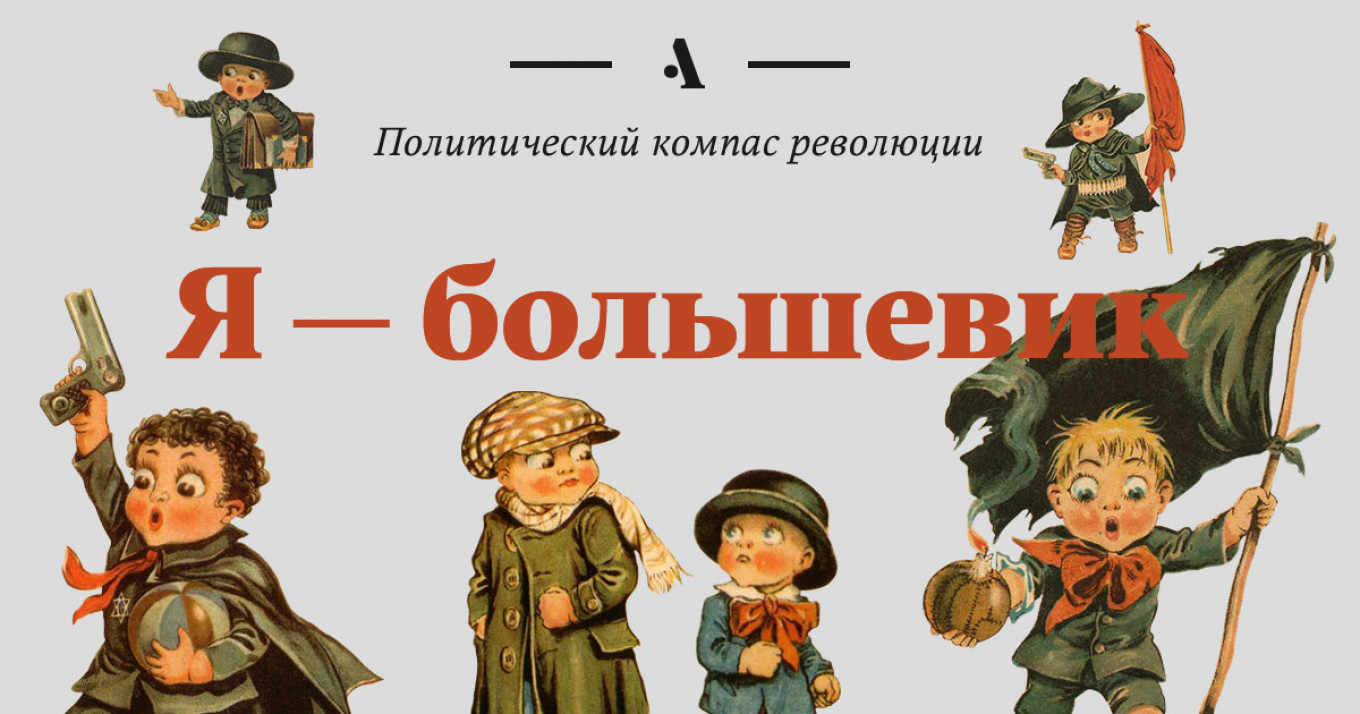
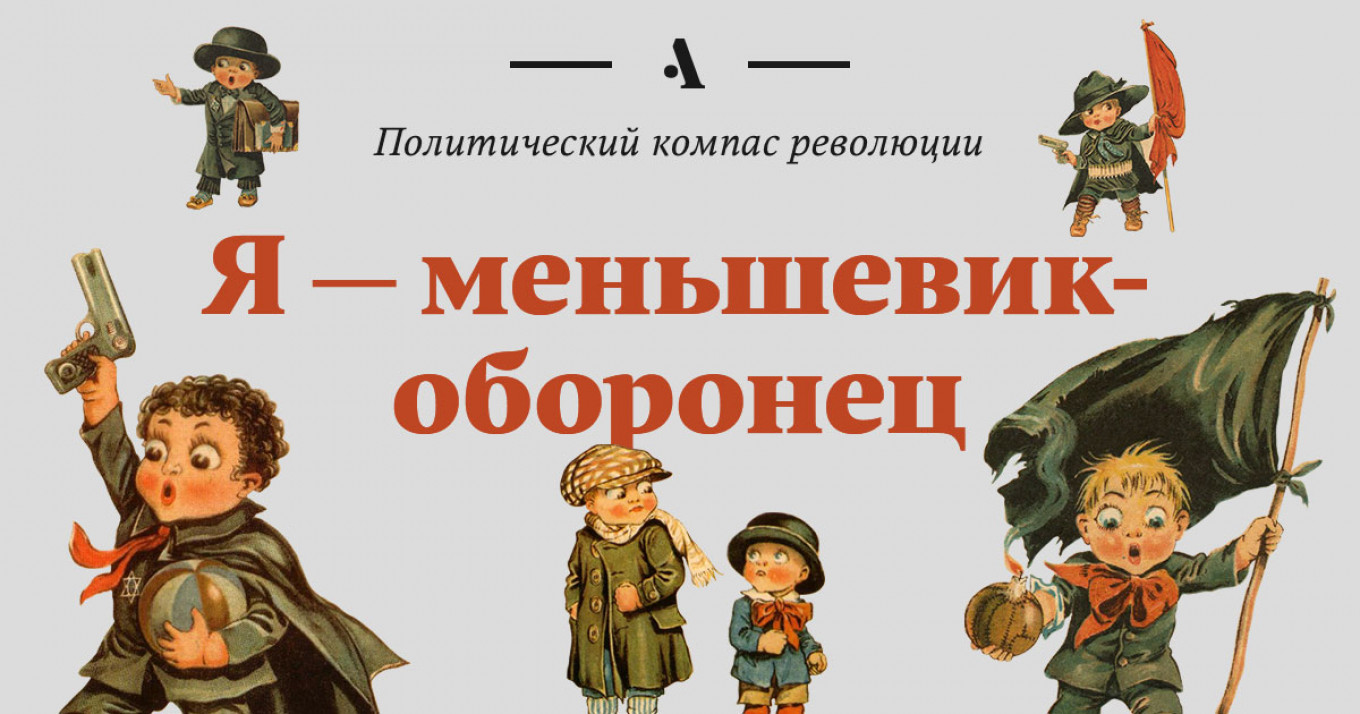
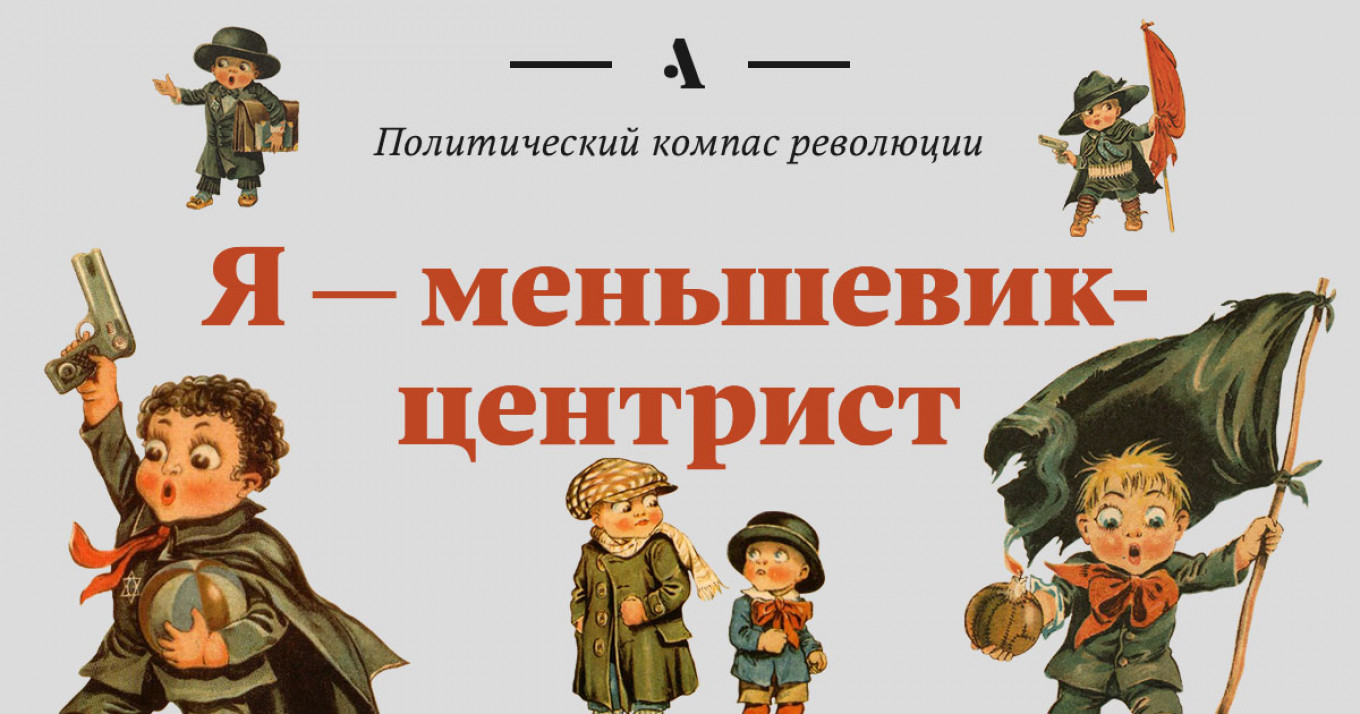
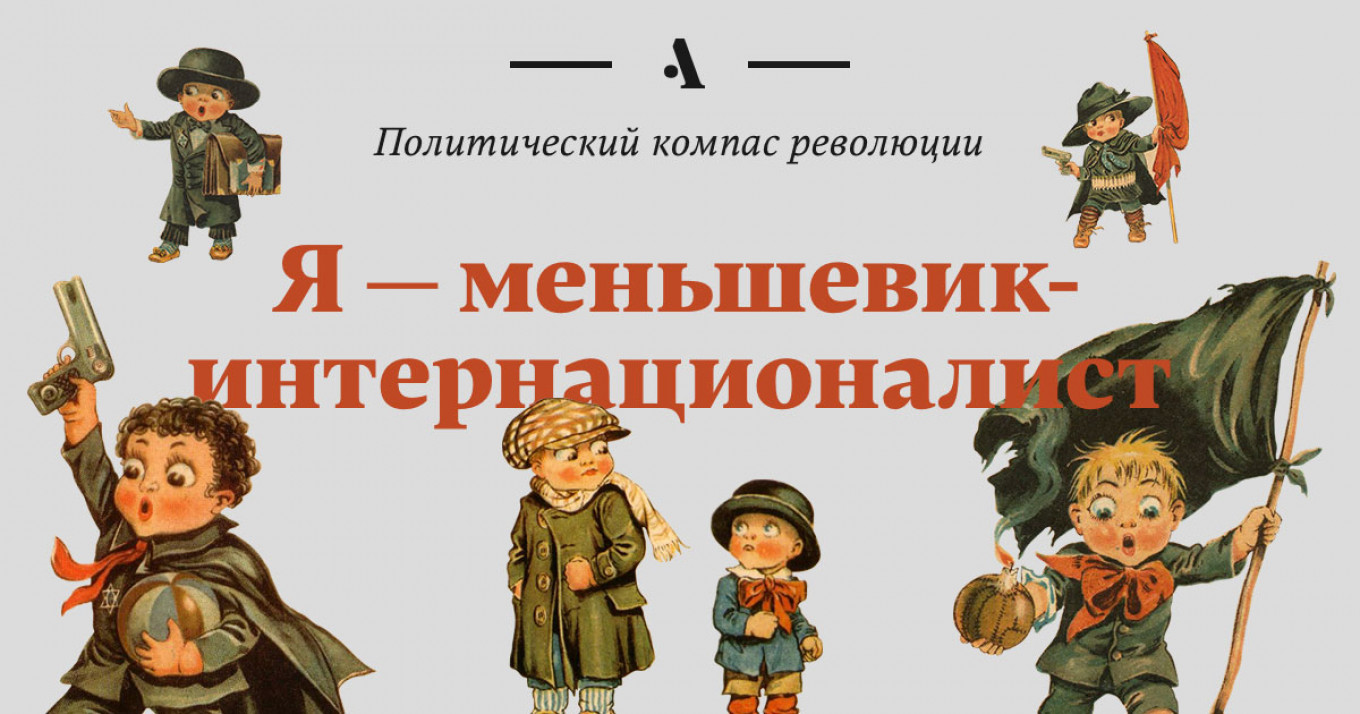
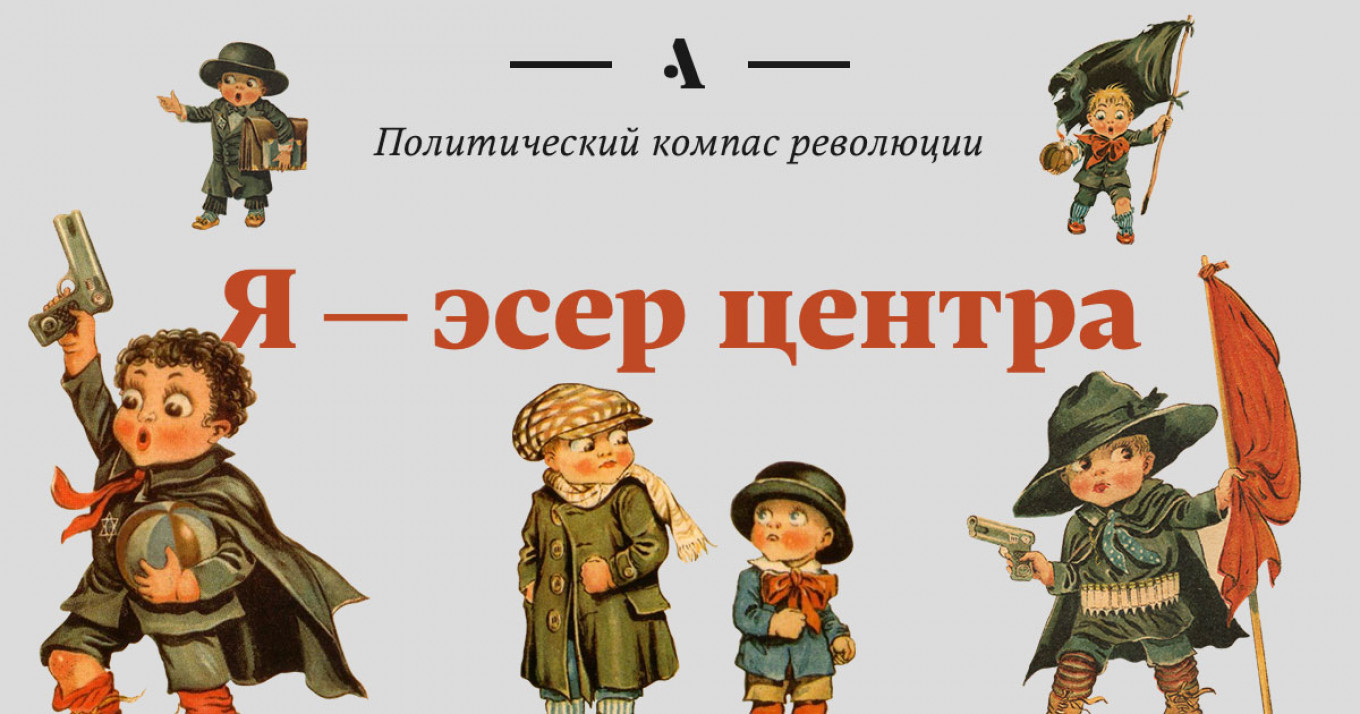
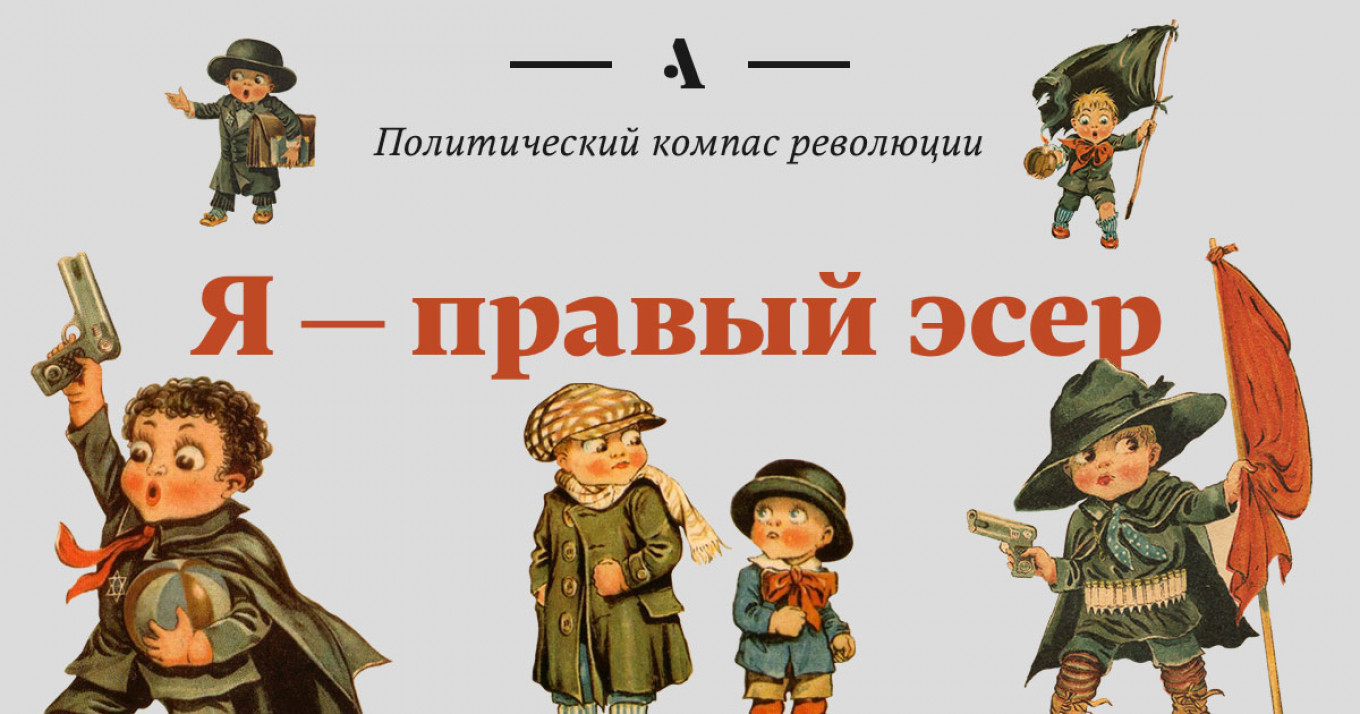
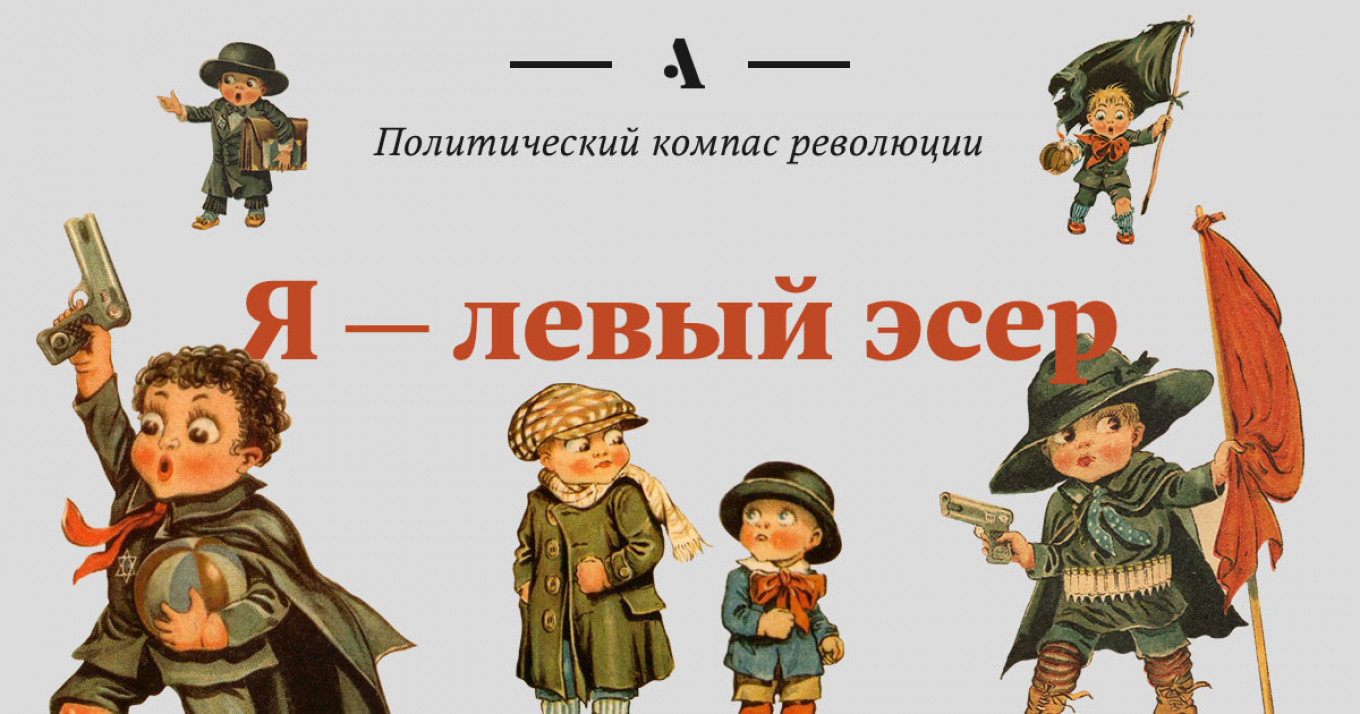
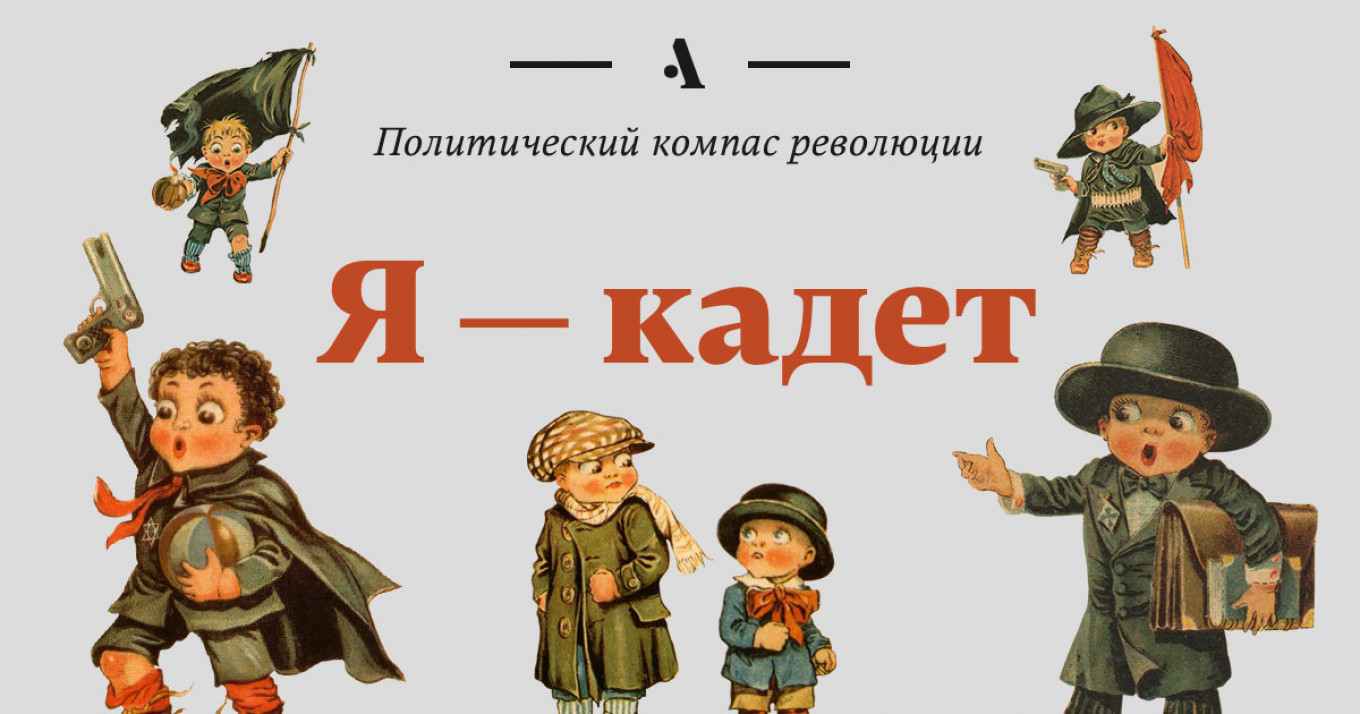
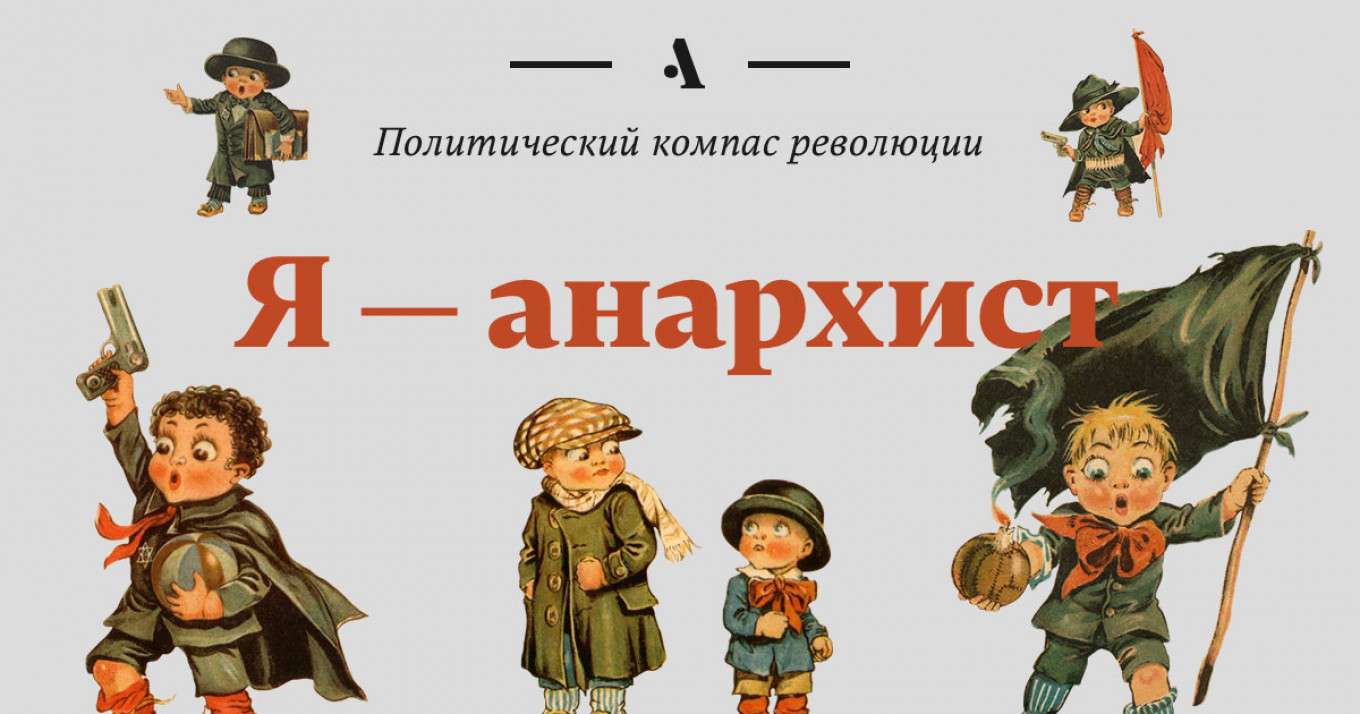
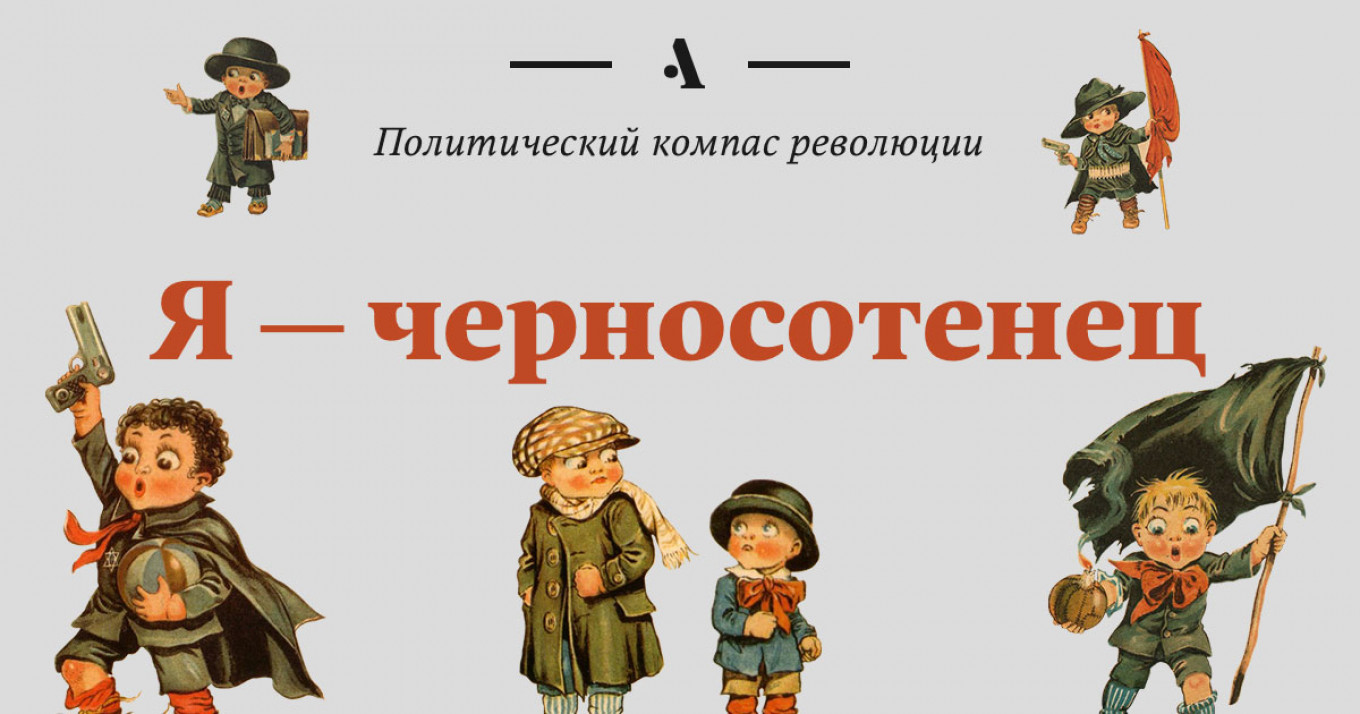
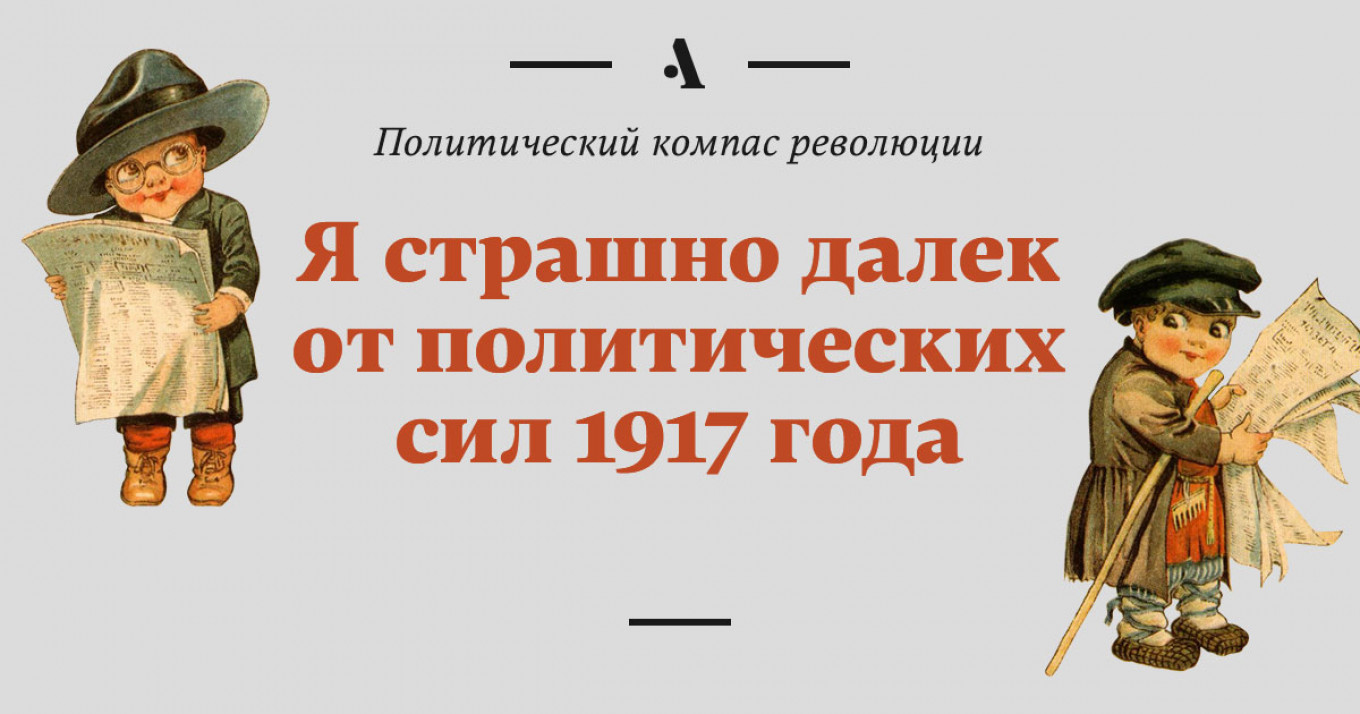
A Message from The Moscow Times:
Dear readers,
We are facing unprecedented challenges. Russia's Prosecutor General's Office has designated The Moscow Times as an "undesirable" organization, criminalizing our work and putting our staff at risk of prosecution. This follows our earlier unjust labeling as a "foreign agent."
These actions are direct attempts to silence independent journalism in Russia. The authorities claim our work "discredits the decisions of the Russian leadership." We see things differently: we strive to provide accurate, unbiased reporting on Russia.
We, the journalists of The Moscow Times, refuse to be silenced. But to continue our work, we need your help.
Your support, no matter how small, makes a world of difference. If you can, please support us monthly starting from just $2. It's quick to set up, and every contribution makes a significant impact.
By supporting The Moscow Times, you're defending open, independent journalism in the face of repression. Thank you for standing with us.
Remind me later.


